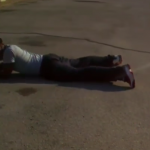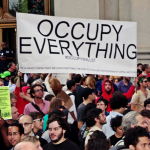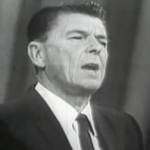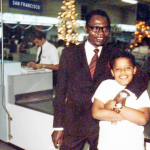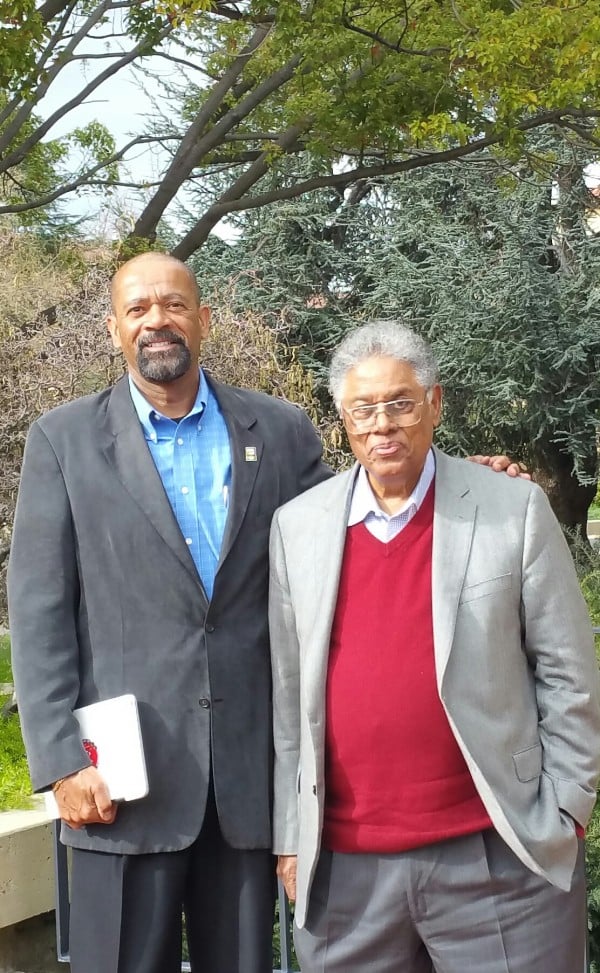
There are certain people who change the cultural conversation, and Thomas Sowell is one of them.
Recently, he went on a vacation to Yosemite during which time he was disconnected from the news, websites, and technology, and he said, “With the political news being so awful this year, it felt especially wonderful.” That time “disconnected” prompted him to make this decision:
Even the best things come to an end. After enjoying a quarter of a century of writing this column for Creators Syndicate, I have decided to stop. Age 86 is well past the usual retirement age, so the question is not why I am quitting, but why I kept at it so long.
It was very fulfilling to be able to share my thoughts on the events unfolding around us, and to receive feedback from readers across the country — even if it was impossible to answer them all.
Being old-fashioned, I liked to know what the facts were before writing. That required not only a lot of research, it also required keeping up with what was being said in the media.
This brilliant man identified the liberal mainstream media @nytimes @HuffingtonPost et al as the propaganda machine of the Democrat party. pic.twitter.com/QCY6QK1QGw
— David A. Clarke, Jr. (@SheriffClarke) December 27, 2016
His “farewell column” is beautiful and worth the whole read because he reflects on how things have changed since he was born:
My own family did not have electricity or hot running water, in my early childhood, which was not unusual for blacks in the South in those days…
Most people living in officially defined poverty in the 21st century have things like cable television, microwave ovens and air-conditioning. Most Americans did not have such things, as late as the 1980s. People whom the intelligentsia continue to call the “have-nots” today have things that the “haves” did not have, just a generation ago.
With all the advances of blacks over the years, nothing so brought home to me the social degeneration in black ghettoes like a visit to a Harlem high school some years ago….
When I looked out the window at the park across the street, I mentioned that, as a child, I used to walk my dog in that park. Looks of horror came over the students’ faces, at the thought of a kid going into the hell hole which that park had become in their time.
When I have mentioned sleeping out on a fire escape in Harlem during hot summer nights, before most people could afford air-conditioning, young people have looked at me like I was a man from Mars. But blacks and whites alike had been sleeping out on fire escapes in New York since the 19th century. They did not have to contend with gunshots flying around during the night.
I’ll forever be indebted to his clear-minded writing on mattes of race and culture. He changed the cultural conversation, and he also changed me.
Thank you, sir, and God bless.



